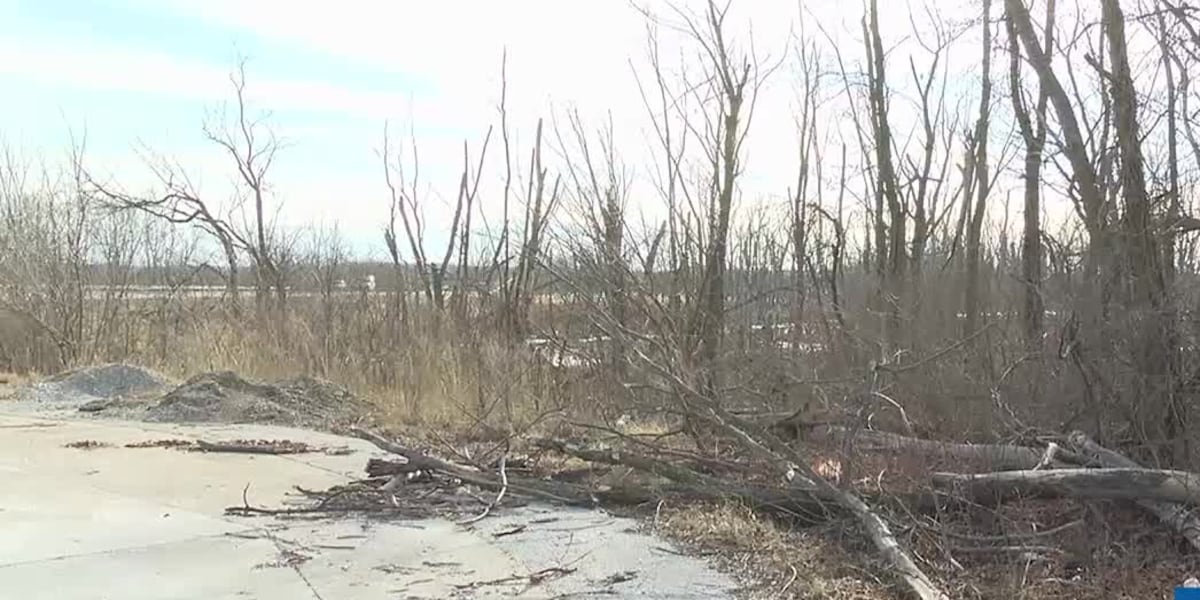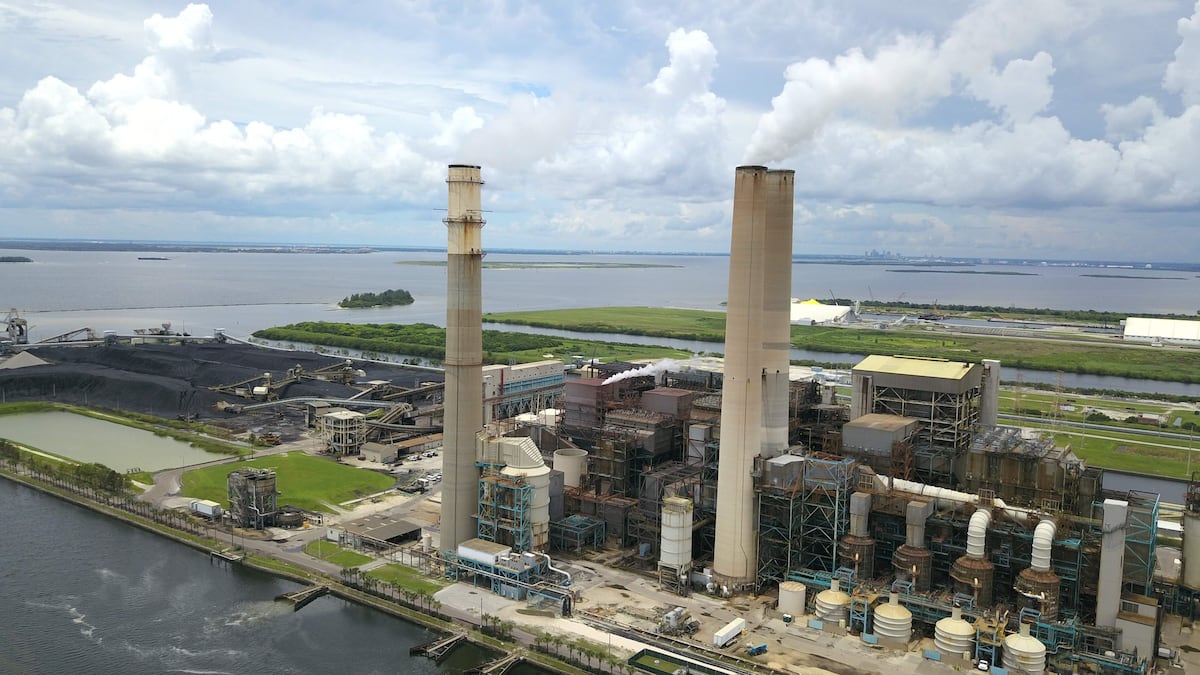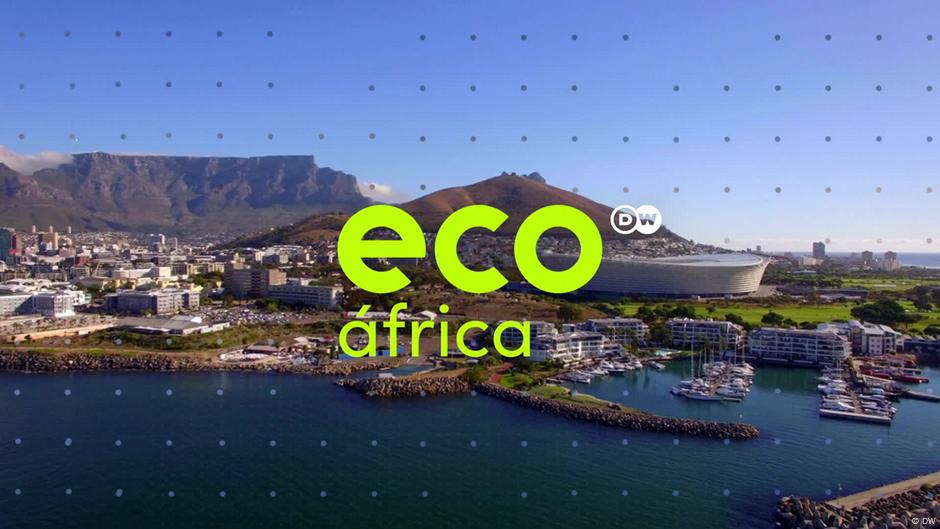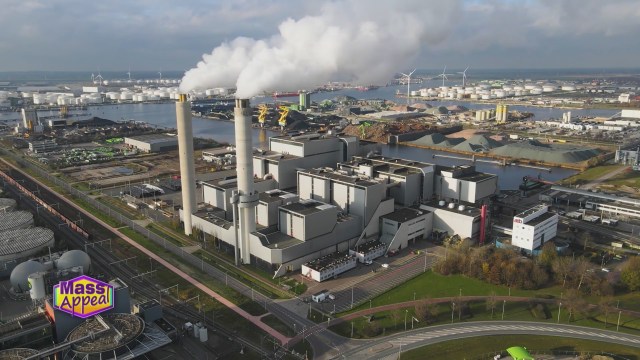Green Revolution: Lansing Unveils Cutting-Edge Recycling Hub for Eco-Conscious Residents
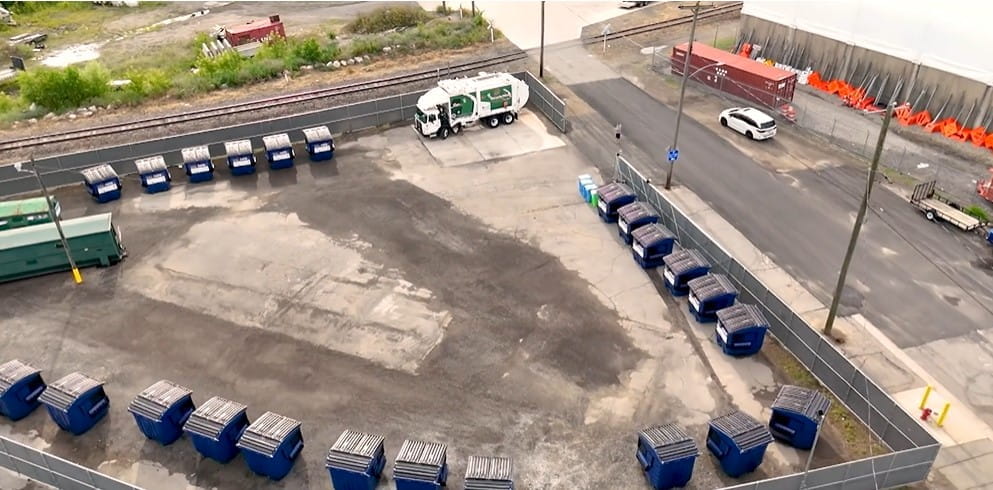
The innovative project came to life through a strategic recycling infrastructure grant from the Michigan Department of Environment, Great Lakes, and Energy (EGLE), generously awarded to the city. This funding opportunity enabled the community to transform its approach to sustainable waste management, highlighting local commitment to environmental progress.

